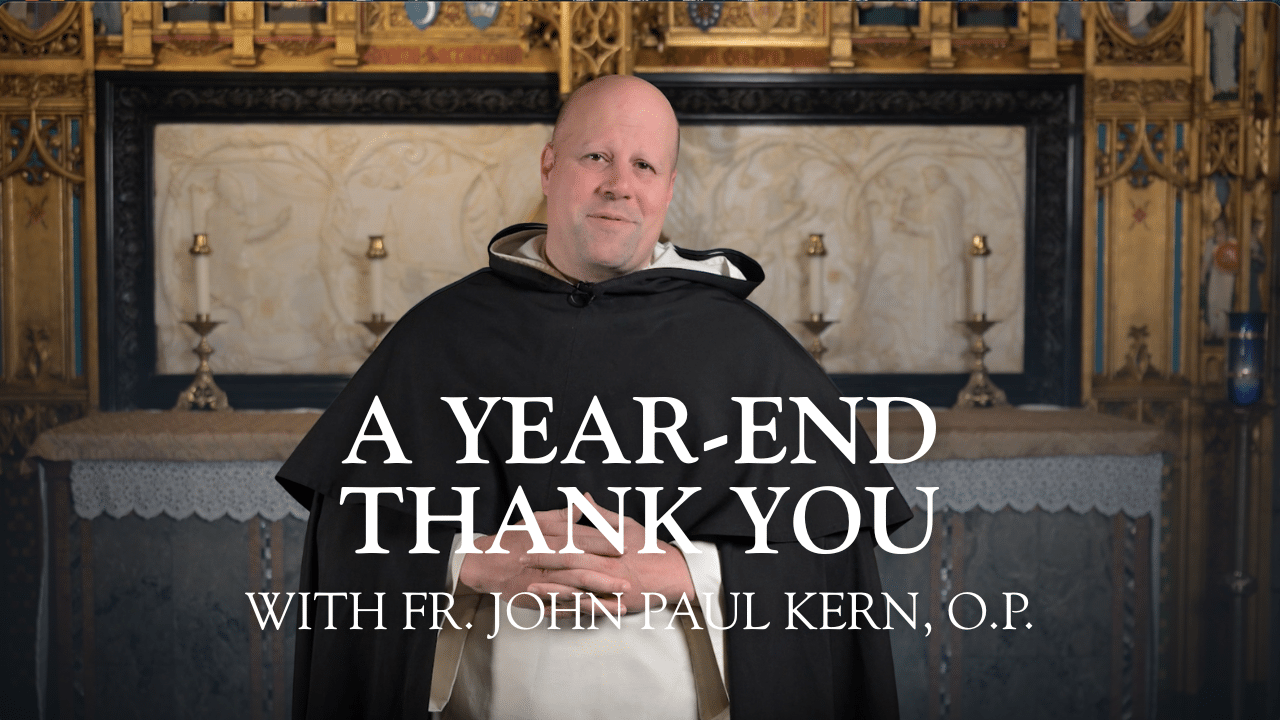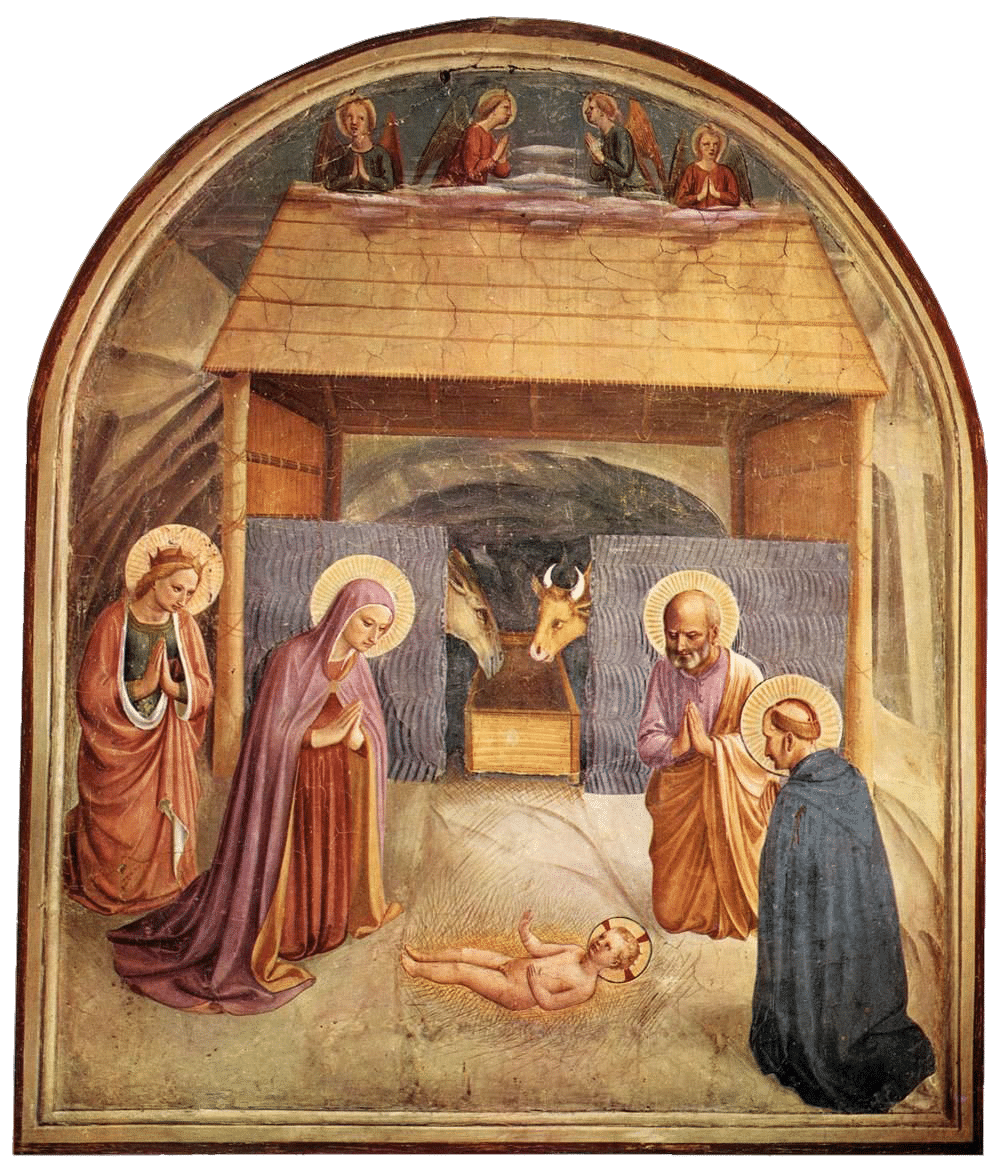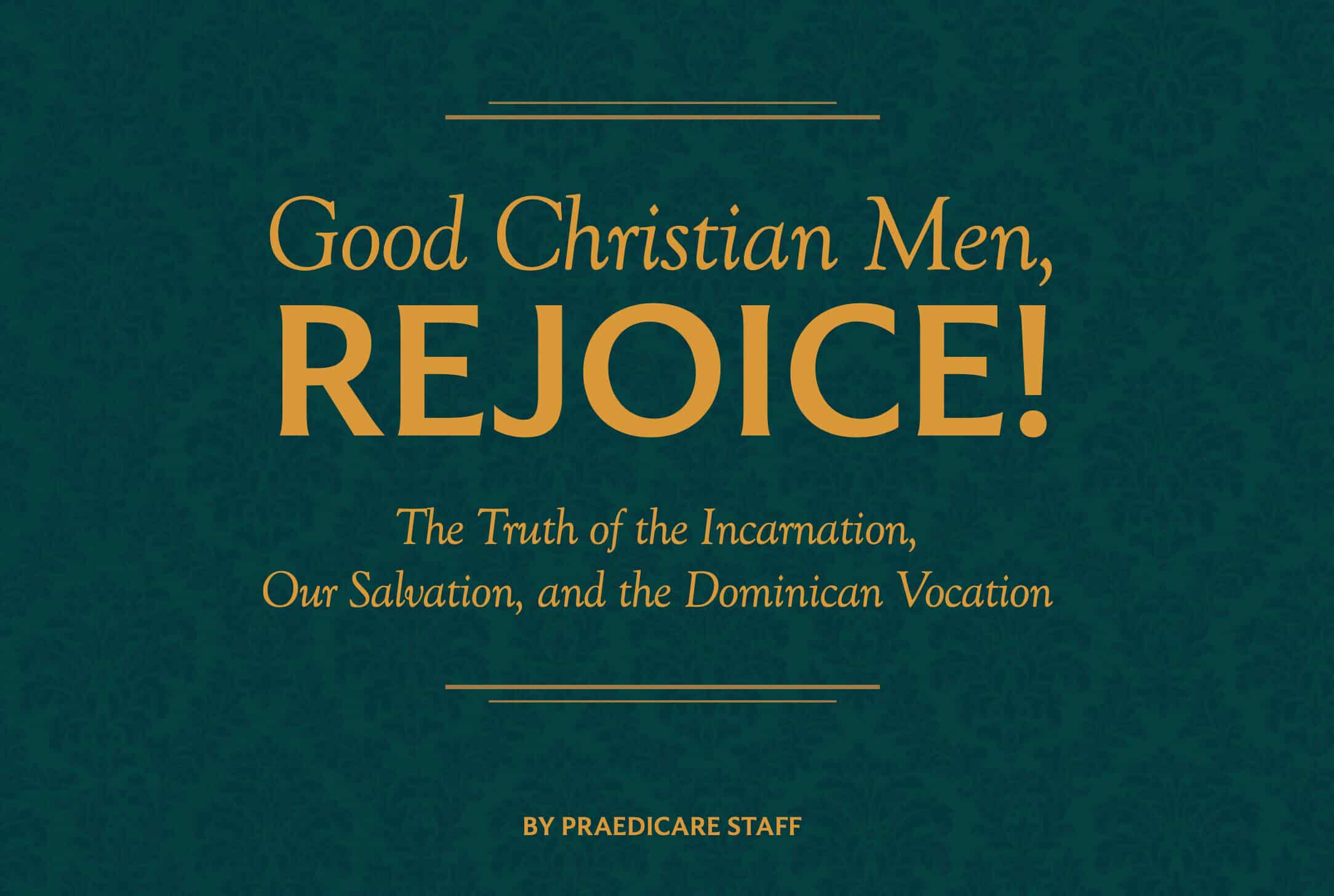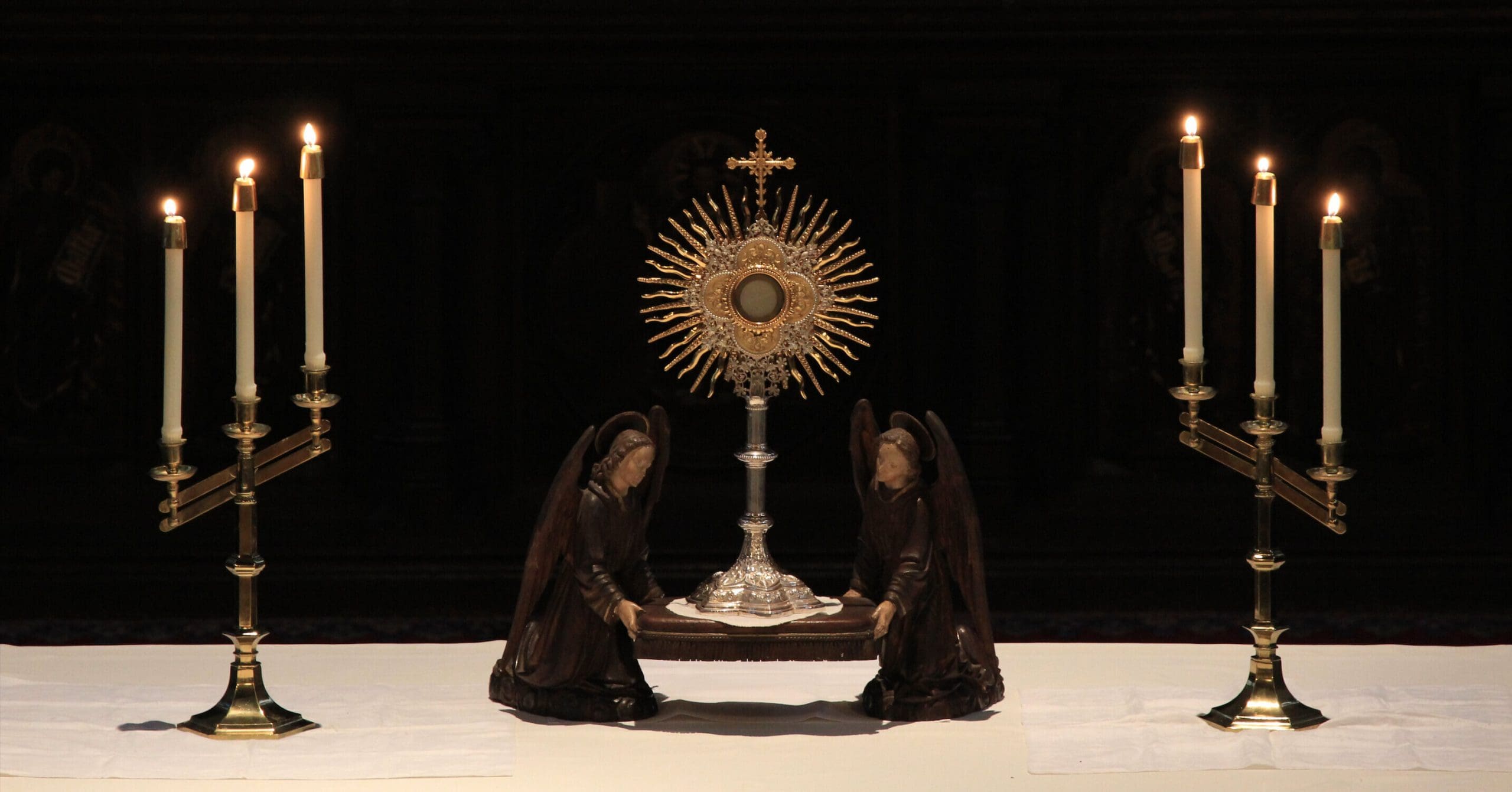
Photo by Fr. Lawrence Lew, O.P.
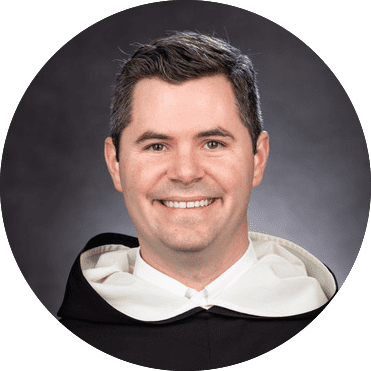 Pointing to the Reality at Hand
Pointing to the Reality at Hand
By Fr. Patrick Mary Briscoe, O.P.
For me, Holy Thursday has always held a special place in the Paschal Triduum. From my childhood, I was captivated by the unique Mass, where the rare use of incense added to the sense of reverence. Witnessing my formal German pastor humbly stoop for the foot washing was a sight that filled me with awe. The solemn procession with the Blessed Sacrament, a ritual unlike any other, left a lasting impression. The time spent in a small chapel, dedicated to hours of watchful prayer in front of our Eucharistic Lord, was a cherished experience, with the entire parish united in devotion to Jesus.
That special night even had its own melody. I’ll never forget singing the Pange Lingua at the end of the solemn rites. In fact, its haunting tune and mysterious Latin words are one of my clearest memories. At the time, I didn’t know much about the author of the lyrics, the great Dominican theologian St. Thomas Aquinas.
As the French author Francois Mauriac once eloquently stated, “No one has ever better defined the Holy Eucharist, and that is the reason that no one has ever written more beautiful prayers to it.” This profound statement encapsulates the beauty and significance of the Holy Eucharist.
My memories of Holy Thursday are so vivid. The grandeur of that holy night pulled back the veil that much further, pointing to the reality at hand. On Holy Thursday, it was easier to believe. For St. Thomas, the Eucharist was real, even the realest thing that could be had in this life. He lived his entire life in humble service of the Eucharistic mystery.
But what if we don’t have St. Thomas’ Eucharistic devotion? We sing in the Pange Lingua, “What though sense no change discerns. / Only be the heart in earnest, / Faith her lesson quickly learns.” This is perhaps the great secret of St. Thomas’ love of the Blessed Sacrament. When our senses fail, as they do to discern Christ’s presence in the Sacred Host, the only cure for the faint heart is an act of faith.
Jesus, I have been taught that you are here present, hidden under the form of simple bread. I hear your words echo through the ages, “Do this in memory of me.” And like the child I once was, I kneel again before you on this sacred night. And I believe.



